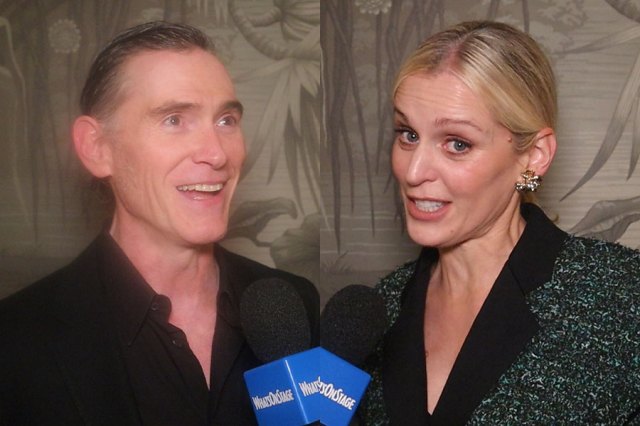Michael Billington: 'The West End is constructed to defy critics'
The theatre critic has said that critics are often superfluous to requirements for big West End shows

© Dan Wooller
Theatre critic Michael Billington said that critics are often "superfluous to requirements" with West End shows.
Talking at an event in London called Everyone's a Critic hosted by Mountview Academy, the Guardian writer explained how he felt that West End shows are often beyond criticism.
"Book of Mormon is a classic example. It didn't matter a damn what we said. That's often the case with musicals…I think for certain musicals we are superfluous to requirements.
"I remember on the press night of Les Miserables I thought it a rather feeble production, a teeming great book, I think it cut a lot of narrative corners, a lot of my colleagues were snooty about it.
"The next morning they had queues at the box office the like of which they had never seen at the Barbican."
He continued to say that star casting often means the word of the critic no longer holds much sway: "The West End is constructed in a way that defies critics. If you put Kit Harington in Doctor Faustus, it doesn't matter very much what I or anyone else thought of it, which may be just as well because it got rather hostile reviews. As far as I know it's doing roaring business."
He added: "I think the West End now relies upon casting and choice of actors. That makes criticism a marginal relevance."
Billington was talking on a panel that included Danielle Tarento, actress Sian Thomas and playwright Stephen Jeffreys.
On the future of criticism, Billington said: "It's not a cheerful time because papers are starting to cut back. The question is where does the next generation come from. In my experience they are out there in their hordes. I am bombarded by would-be critics.
"The danger is that young critics are expected to write reviews for nothing, or they get a theatre ticket and that to me is very dangerous," he continued "You cannot go on subsidising your reviewing habit past your early 20s, you need to be paid. And I don't know how we solve that economic problem.
"But the hunger and desire to be a critic is as strong as it ever was."
Tarento added to the discussion by saying that out of her press list of 80 there are usually about "12 proper critics" on press night. She said: "Everyone else is a blogger, which is incredibly useful because it gets out to a massive audience, but, this is a generalisation, a lot are not proper writers. They do not have the intellectual background, or the historical background to know what they are writing about."
She added: "I think part of the problem with sites that aren't paying is that anyone can write anything. I am not saying they should be censored. Whilst I have no problem with anyone writing about anything – that's what the internet is about – if we're going to do real theatre criticism outside of the printed press it has to be looked after."












